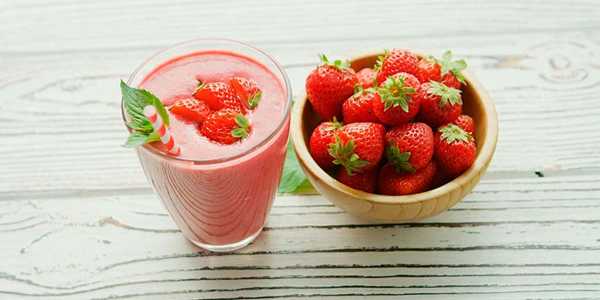When And How To Start Solid Foods For Your Baby
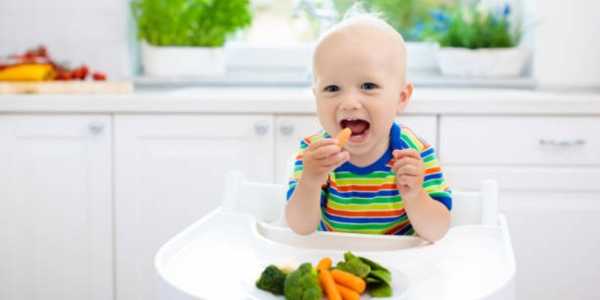
Raising a baby involves many steps, and starting solid foods is a key one. Parents often worry about timing and nutrition, but it doesn't have to be a stressful experience. Babies can't speak, but they show clear signs when ready for solids.
When Should Babies Start Eating Solid Foods
Most babies are ready to start eating solid food when they are around 4 to 6 months old. The CentresCentres for Disease Control and Prevention (CDC) advises parents to look for signs before introducing solids.
The baby should be able to sit up with support and have reasonable head control. Babies who still push food out with their tongue are not ready yet. If the baby shows interest in food when others are eating, opens their mouth when food comes near, or tries to reach for food, these are good signs that they are ready.
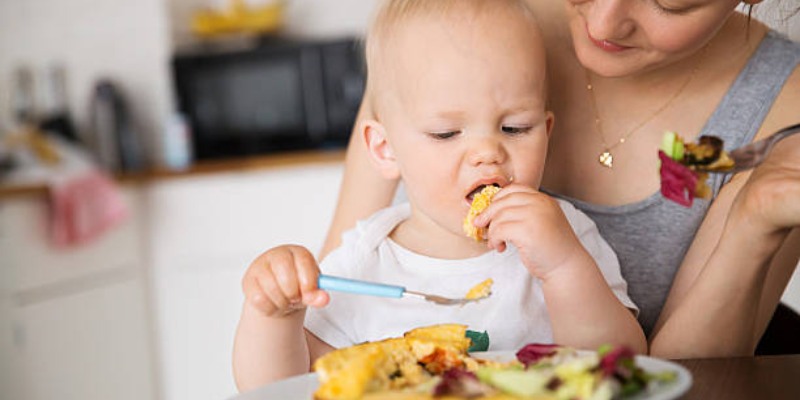
Not all babies are ready at the same time. Some may not be ready until closer to 6 months. There is no need to rush this process. Rushing can lead to choking or tummy problems.
How To Start Solid Foods
When the baby shows the signs, start slow. Do not replace baby formula or breast milk right away. Solid food is practised at this age. Milk or formula will remain the primary source of nutrition for months to come.
Start with simple single-grain baby cereal mixed with breast milk or formula. Rice cereal or oatmeal cereal is a typical choice. Use a small spoon and feed the baby while they sit upright in a high chair. Never put cereal in a bottle, as this can lead to choking or too much weight gain.
Once the baby has mastered cereal, try introducing simple pureed vegetables, such as carrots, sweet potatoes, or peas. Then move to fruits like bananas, pears, or applesauce. Do not add salt, sugar, or honey to baby food. Honey is dangerous for babies under one year old because of the risk of botulism.
Wait three to five days between new foods. This makes it easy to spot allergies. Common signs of food allergies are rashes, vomiting, diarrhoea, or trouble Breathing. If any of these symptoms appear, stop eating and consult a doctor.
How Much Solid Food Is Enough
Solid foods at 4 to 6 months are not meant to fill up the baby. Small spoonfuls, once or twice a day, are enough. It's normal if most of the food ends up on your face, hands, or bib at first. Babies learn to swallow and eat solids slowly.
Parents should not force-feed. Watch for signs that the baby is full, such as turning their head away, refusing to open their mouth, or pushing the spoon away. Respect these signs to help the baby build healthy eating habits.
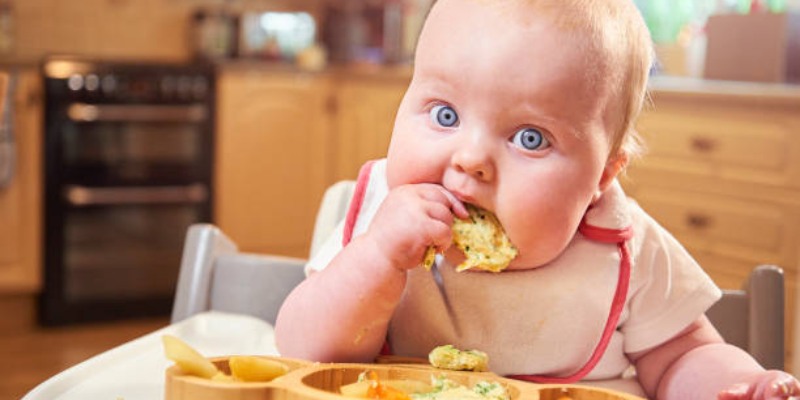
Healthy Choices For First Foods
When selecting baby food, opting for organic options is a good choice for parents who want to avoid added chemicals and pesticides. Fresh fruits and vegetables made at home can be safe if done right. Wash all produce well and cook it until soft. Puree the food until it is smooth and free of lumps.
Jarred or packaged baby food is also acceptable, but check the label for quality assurance. Pick products with no added sugars or salt. Baby food should be plain and simple.
When making homemade baby food, use safe storage methods. Store food in clean, small containers and refrigerate or freeze it immediately. Throw away leftovers that the baby's spoon has touched. Bacteria can grow fast in leftover baby food.
Foods To Avoid For Babies Under 1 Year
Not all foods are safe for babies under 12 months. Avoid cow's milk until age 1. Breast milk or formula is better for infant nutrition. Hard, sticky, or chunky foods can pose a choking hazard. Examples include whole grapes, nuts, popcorn, raw carrots, or large chunks of meat.
Avoid honey because it can carry bacteria that babies cannot fight off. Do not give babies food with added sugar or extra salt. Babies’ kidneys cannot handle too much salt.
Keep It Clean And Safe
A baby's immune system is not as strong as an adult's. Always wash your hands before preparing food. Clean baby spoons, bowls, and high chair trays well. Use clean water to cook and wash food.
Feed babies with a small spoon, not a bottle or squeeze pouch alone. This teaches them how to chew and swallow better.
What About Water And Juice
Babies younger than 6 months do not need water or juice. Baby formula and breast milk are enough. After 6 months, small sips of water with meals are okay. Juice is not required. If given, it should be 100% fruit juice and used very sparingly — no more than 4 ounces per day.
Excessive juice consumption can lead to tooth decay and digestive issues. Whole fruits are a better source of fibre and nutrients than juice.
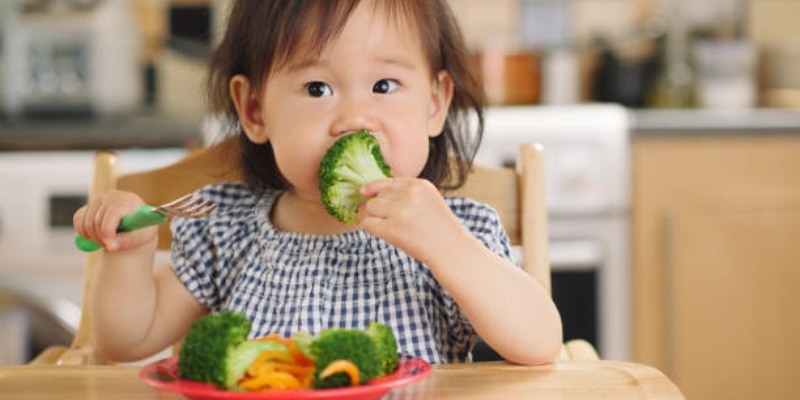
Solid Food Starter Timeline
Ready to start solids but not sure where to begin? Use this simple timeline to guide you on what foods to introduce and when, helping your baby explore new tastes safely and confidently.

Work With The Paediatrician
Always consult a paediatrician if you have questions about baby feeding. Doctors can help with feeding plans if the baby has reflux, allergies, or special needs.
Some babies may require special baby formula due to allergies or digestive issues. A doctor can guide parents on when to introduce more foods, such as eggs, fish, or peanut butter, which can help prevent allergies if done correctly.
Helping Babies Build Healthy Habits
Starting solids is the first step toward good eating habits. Keep mealtimes calm. Eat together as a family when possible. Let babies try new tastes and textures slowly. It may take many tries before a baby likes a new food.
Do not force or bribe babies to eat. Good habits now can help prevent picky eating and health problems later.

